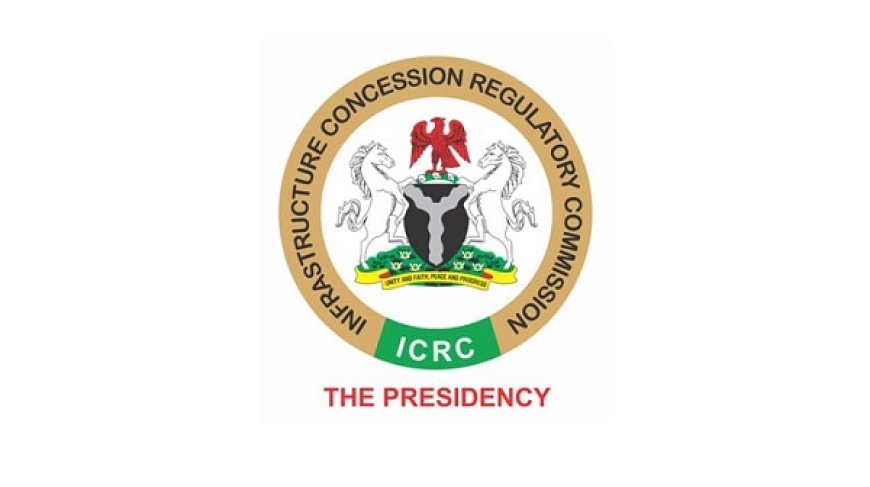$100b annual investment needed to bridge Nigeria’s $2.3tr infrastructure gap, says ICRC

The Infrastructure Concession Regulatory Commission (ICRC) has said Nigeria’s infrastructure deficit, estimated at over $2.3 trillion, will require sustained annual investments of about $100 billion until 2043 to overcome.
The commission said the renewed investor confidence, following Nigeria’s recent removal from the Financial Action Task Force (FATF) grey list, would boost the inflow of new financing and accelerate efforts to address the country’s infrastructure challenges through well-structured Public-Private Partnerships (PPPs) and private-sector-driven financing models.
In a statement yesterday in Abuja, the ICRC said the FATF delisting marked a pivotal moment for Nigeria’s investment climate.
It described the development as a magnet for global financiers seeking credible opportunities.
“The ICRC believes this milestone will serve as a magnet for institutional investors, impact funds, and global financiers seeking credible, transparent, and rewarding investment opportunities in Nigeria’s infrastructure space,” it said.The commission noted that the administration of President Bola Ahmed Tinubu has provided a clear policy direction that has repositioned the ICRC for greater efficiency and impact in managing Nigeria’s PPP portfolio.“Under this leadership, the ICRC has streamlined PPP processes to fast-track project delivery, secured and implemented Presidential approval for new project approval thresholds of N20 billion and N10 billion for Ministries, Departments, and Agencies (MDAs) to accelerate smaller projects, and issued a comprehensive regulatory framework providing clear, step-by-step guidelines from project conception to hand-back,” the statement said.
The ICRC urged local and international investors to seize the opportunity presented by Nigeria’s improved financial standing to collaborate with the government on transformative infrastructure projects across critical sectors, such as transportation, power, water, healthcare, and technology.
“Nigeria is open for business like never before,” said ICRC’s Director-General, Dr. Jobson Oseodion Ewalefoh.
“With FATF’s delisting and our strengthened PPP framework, the stage is set for a new wave of infrastructure investment that will redefine Nigeria’s economic landscape.”
Ewalefoh noted that the country’s removal from the FATF grey list not only enhances Nigeria’s credibility in the global financial system but also improves its risk profile for international investors.
“Nigeria’s clean financial bill means lower risk premiums, smoother cross-border transactions, and renewed investor confidence,” he said. “It directly strengthens our mission at ICRC to attract innovative financing that bridges Nigeria’s infrastructure gap.”The commission reaffirmed that the current policy environment provides an unprecedented opportunity for partnerships that can deliver sustainable and inclusive infrastructure growth, positioning Nigeria as a major investment destination in Africa.









